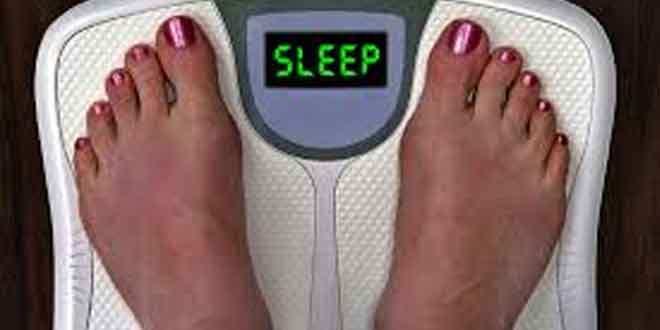
Lose Weight by Getting a Good Night’s Rest
Think about it yourself: You are at work and you are feeling sleepy, what would you do? You will definitely reach for coffee because maybe coffee can keep you wide awake or maybe you will want to have several cups of tea and then you might think you are out of still out of energy, and think you need to eat something. Of course eating a good breakfast and then lunch at the right time is important, but eating that doughnut for a quick shot of energy is not a good thing. On top of that, you might skip the gym later on and find yourself in bed because you are very much winded and want to just sleep.
This is a brutal cycle and this sleep deprivation might sabotage your health and become the reason you’re gaining weight. It is believed the main function of sleep is to give rest to your brain. Even fat cells need sleep to function efficiently.
What if you found out that there was a way that you can actually sleep your weight off. Sounds a little out there, but multiple studies have shown a direct correlation between excessive sleeping and decreased intake. Other studies have also proved a direct link in sleep deprivation and a tendency to gain weight.
So let’s get into the basics of why people who tend to sleep less, end up gaining weight. The scientific proof comes from hormonal studies as people who sleep less tend to have lower levels of leptin, which is a hormone in the body that send signals to the body about satiety.
Then come the more obvious factors like the fact that people who tend to sleep less usually feel too drained to follow an exercise regimen. Plus, they almost always have a high carb diet which also adds to the sleepless nights and weight gain.
If you need to lose weight, then get a good night rest. Let’s discuss some factors that will help you get better sleep and help reduce weight:
- Work out how much sleep you actually need: Sleep cycles are ninety minutes long so the ideal sleep time needed would be seven and a half hours every night. Work out the time that you normally need to get up and hit the bed a good eight hours before that. Practice a repeat rhythm of sleep: go to bed and wake up at the same time each day.
- Keep a regular sleeping schedule: Try sticking to a particular schedule as studies have shown that major discrepancies like going to bed at 2am one night and at 9 pm the other actually adds to the weight gain.
- Create a sound sleeping environment: This means turning off the lights, TV, laptops and especially putting away cell phones at least half an hour before the time you plan to sleep. Another recommended factor is to relax for around twenty minutes before sleeping, perhaps listen to some soft music. Use your bed for sleep only, do not get habitual of using your bed for watching TV or reading a book.
- Cut back on nicotine and caffeine: This should almost go without saying but laying off cigarettes, coffee and tea before bed is actually necessary as all these things are stimulants and tend to keep you up. Try not to consume heavy meals with three hours of bedtime.
- Cut down on water before bed: Decreased water intake is obvious as you don’t want to get up in the middle of the night to use the toilet.
- Exercise: An important thing to do is to get some exercise every day as this drains any extra energy that you might have during the day and helps fall asleep.
A Good Night’s Rest Has Benefits for Health
Getting a good night’s rest has additional advantages.
- You can concentrate better, your attention remains undivided
- You will be in a great mood. Lack of sleep and tiredness impacts on how people think and take decisions.
- A goodnight’s sleep will equip your mind to access any problems afresh.
- Lack of sleep has impacts on your immune system. When you sleep properly, you will wake up fresh and healthy and you have less chances of falling sick.
- You will remember things clearly and you will be more focused and determined.

